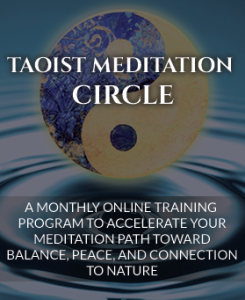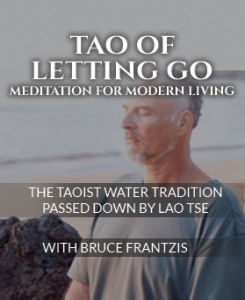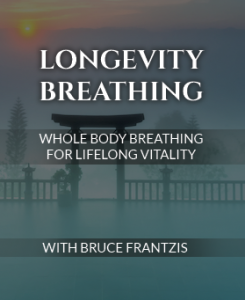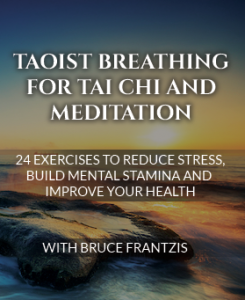Understanding the effect of words is an important topic in Taoist Meditation. Most of us have heard the phrase: “Sticks and stones may break my bones, but words will never hurt me.”
Yet in the modern age being politically correct has come to a point where society responds to words as if someone where throwing stones at them.
You’re likely to offend someone with just about anything you say. Maybe you’re even one of the people who regularly get offended by words. Surely the toll it takes on your body is hardly worth it. So why is it that we get so worked up over words? How does this link to meditation and the dance of karma?
Physiological Reactions to Words
When someone has a physiological reaction to a word or set of words it’s mostly the result of conditioning. Words can serve as weapons, causing a series of neuropeptides, modulators in the nervous system and hormones in the endocrine system, to be released. This creates feelings that your mind has been conditioned to label as wrong or crazy behavior in the external world.
You can’t sort it out and so you go nuts. It’s no different than when people meditate and get sensations of sadness, fear or anger inside themselves and then think meditation is what makes them feel lousy.
Meditation and Your Internal World
When you meditate, the way in which conditioning manifests is a funny thing in that it can come not only from societal affirmation or societal condemnation, but also from your own internal world. When I teach taoist meditation I try to help my students see that these manifestations are all just a bunch of sensations.
The truth of the matter is not that words will never hurt you rather that internal sensations will never hurt you. Words don’t really harm you, but your brain, and entire biochemistry for that matter, have been conditioned to respond in a particular manner and create various sensations.
Very commonly, conditioning is attached to stress because when your body feels under attack, eventually you produce cortisol and other stress-related hormones.
Meditation and Karma
The effect words have on us goes a lot deeper when you consider the karma you’re carrying. In one sense conditioning is only surface-level. Karma predisposes you not so much to the words themselves, but to the bound energy that could lie behind those words.
One person may not carry the karma that lies behind specific words, so one set of words doesn’t affect them while another person does carry the karma that lies behind these specific words and he’s off to the races—going crazy. So, words can activate inside you beyond just conditioning alone and that’s what the Taoist Dissolving process is meant to address. You resolve what doesn’t work in the linking between words and your reaction to them.
If you want to find out about the energy behind words, or if you want to find out what they are attached to, you can make it an agenda for your Taoist meditation practice (or any other type of meditation practice). Maybe you see a beautiful woman and you compliment her, but she happens to be an arch feminist who finds you to be patronizing. You can’t know how your good or bad intentions will be taken by another person. The main point is to clear out energy blockages within yourself, so at least you’re not feeding off other people and creating more karma. Words trigger expectations, which are locked in a dance with all your neuropeptides that also get locked in a dance with karma. The only difference is that with karma, an expectation is either a projected or an actual habit.
The expectations you project are either an established habit or what you want to be a habit. If you’re projecting, maybe you expect to get slapped in the face. It’s an expectation. If you’ve been slapped in the face from an abuser over a period of time, however, you actually take the hit—it’s an established habit.
Yet the fear of fear itself is often worse than the act of that which you are afraid. So, conditioning and karma dance with each other and, at some point, if you can release your attachments you will be free from both. Through meditation you have to fully acknowledge your expectations and attachments, rather than trying to be perfect or good while you’re doing it. Accept what is and be done with it.
Bruce






0 Comments